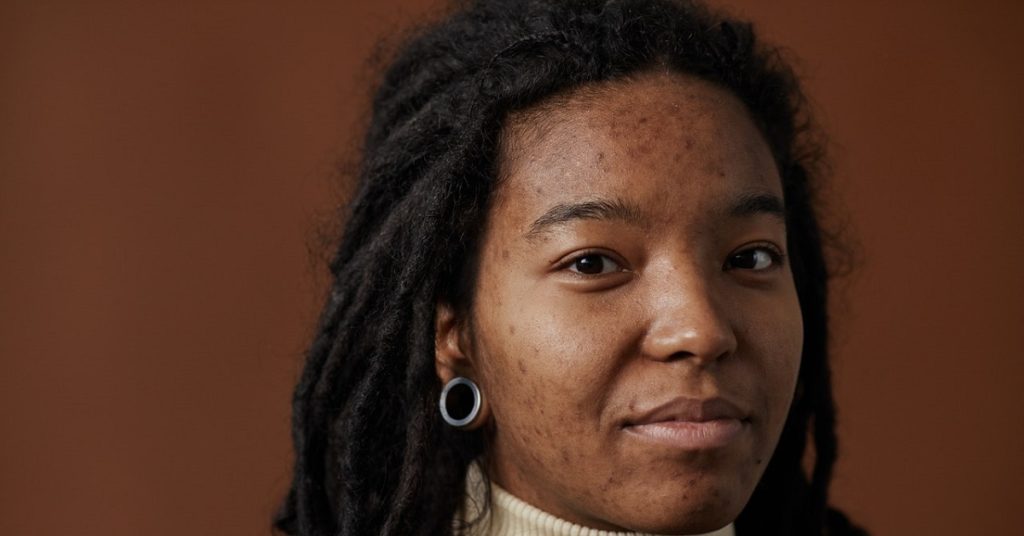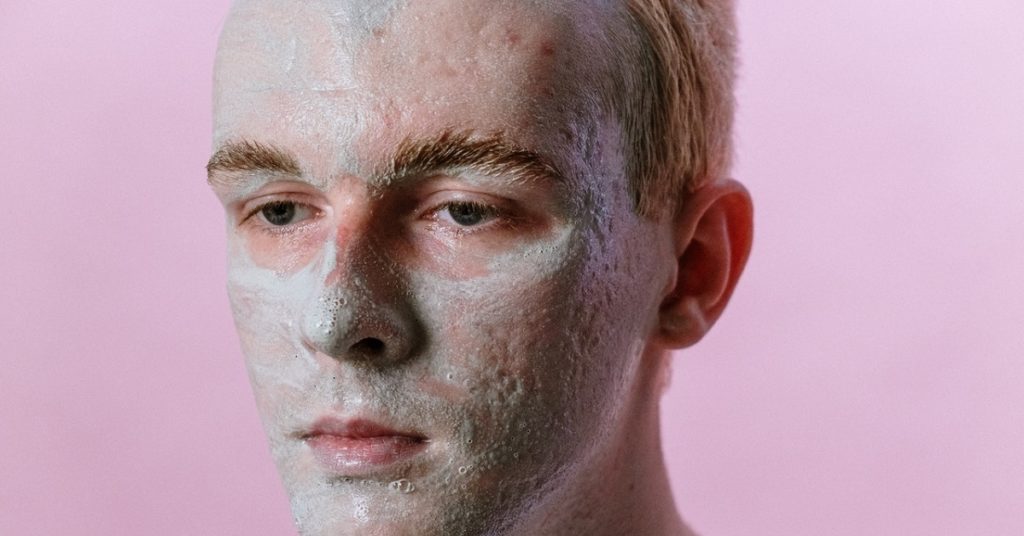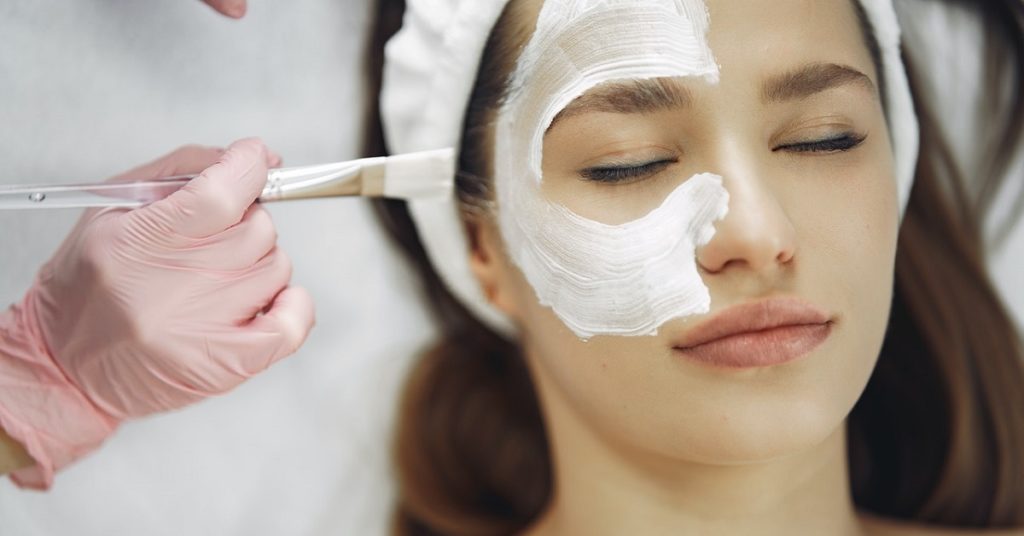Dry skin and acne are often treated using a variety of over-the-counter medicines, plus careful skincare. Stronger medications are also available and are often necessary in more serious cases. However, if your condition is not severe, you can try some acne treatment at home in Birmingham.
Cases of dry skin and acne affect a lot of people in the UK and have become very common, especially during winter. Both of these conditions can make a person very uncomfortable and may need treatment.
In some cases, dry skin and acne can develop at the same time. Dry skin can lead to acne, but it can also be a sign of a more complex condition like dermatitis.

What causes dry skin and acne?
Acne happens as a result of hair follicles on the skin, from which hair grows, becoming blocked.
Sebum, an oil that stops the skin from drying out, is produced by tiny glands just below the skin surface. When too much sebum is released, the blockage can be experienced in the hair follicles, while other debris, like dead skin, forms as well.
In a situation where hair follicles are blocked, lumps, blackheads, or whiteheads, form across the skin. The symptoms can also be worsened by bacteria build-up.
The skin turns dry and scaly when it runs out of moisture. As a result, glands below the skin might release more sebum as a counter-measure. Dead skin in combination with excess sebum can form leading to acne. In such a situation, dry skin and acne can happen at the same time.
Dry skin & acne treatment at home in Birmingham
It’s best that you visit a doctor or dermatologist for treatment, considering that both dry skin and acne should be treated at the same time without aggravating either of them.

A man treating dry skin on his face
What’s the treatment for acne?
A wide variety of over-the-counter gels, lotions, and creams are available for managing acne and preventing dry skin in winter.
The main ingredient in these treatments is benzoyl peroxide, an antiseptic that manages mild cases of acne by reducing inflammation and bacteria on your skin.
Prescription medications such as retinoid creams, tablets, or antibiotics may be introduced in serious cases of acne.
Antibiotic medications work by fighting bacteria on the skin to avoid infection, while retinoid creams get rid of dead skin to prevent it from blocking hair follicles.
Dry skin
Dry skin normally happens due to an underlying health condition, like dermatitis, which is mostly known as eczema. The underlying condition will have to be treated in order to get rid of dry skin.
Dry skin might be treated using moisturiser, which comes in form of lotion, oil, or cream, and minimises skin dryness.
In more serious cases, immunosuppressant drugs or corticosteroids may come into the picture. Even though these medications are more effective, they come with side effects, like a higher risk of infections.

Natural acne treatment at home in Birmingham
Dry skin and acne can be treated using home remedies.
– Tea tree or jojoba oil might be used to get rid of acne. Honey and aloe vera have also proved to be effective in some instances.
– Washing the skin with lukewarm water can also be effective in fighting dry skin and acne. Try to keep off abrasive products that could worsen the situation.
– Keeping your skin moisturised, especially after taking a shower or bath, can also go a long way in fighting dry skin.
Get in touch with Saydon Pharmacy today for acne and dry skin treatment.
Get Acne Treatment Today Contact Us
This blog post was written on behalf of Saydon Pharmacy by Pharmacy Mentor.
